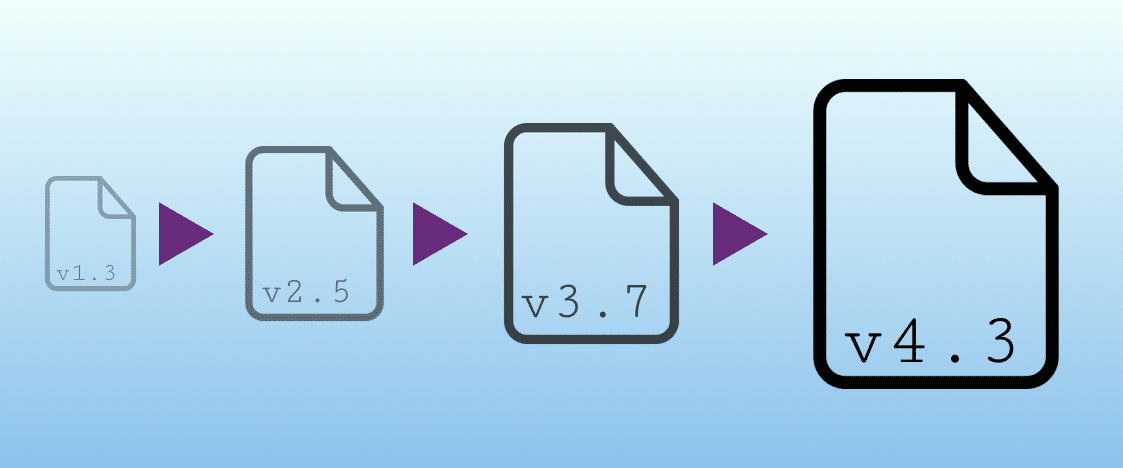
Master Version Control: Essential Tips for Coding Success
Version control is a critical aspect of modern software development, ensuring collaboration, history tracking, and code stability. Let’s explore essential version control tips that can elevate your coding practices and contribute to project success.
Understand the Basics of Version Control
Before delving into specific tips, it’s crucial to have a solid understanding of version control concepts. Version control systems, such as Git, allow you to track changes, collaborate with others, and manage different versions of your codebase. Familiarize yourself with the fundamental commands and workflows.
Use Descriptive Commit Messages
Each commit is a snapshot of your code at a specific point in time. Crafting descriptive commit messages is vital for understanding the purpose of each change. Clearly convey the intent of your modifications, making it easier for collaborators (and your future self) to comprehend the context of each commit.
Branch Strategically for Parallel Development
Branching enables parallel development on different features or bug fixes. Establish a branching strategy that suits your project’s needs. Common strategies include feature branches, release branches, and hotfix branches. Effective branching enhances collaboration, allowing developers to work on isolated tasks concurrently.
Regularly Pull and Push Changes
Collaborative coding involves frequent collaboration and sharing of code. Regularly pull changes from the remote repository to stay updated with the latest developments. Similarly, push your changes to contribute to the shared codebase. This ensures that everyone is working with the most current version of the code.
Leverage Pull Requests for Code Review
Pull requests (or merge requests) are invaluable for code review. Before merging changes into the main branch, create a pull request. This allows team members to review your code, provide feedback, and ensure the proposed changes align with project standards. Effective code review enhances code quality.
Commit Only Relevant Changes
When committing changes, focus on relevant modifications related to a specific task or feature. Avoid committing unrelated changes in the same commit. This practice ensures that each commit addresses a distinct aspect of your project, making it easier to track changes and understand the evolution of your codebase.
For a comprehensive guide on version control tips, check out Version Control Tips for Coding.
Utilize Tags for Versioning
Tags are markers that represent specific points in your project’s history, often used for versioning. Create tags for significant releases or milestones. Following a versioning convention, such as Semantic Versioning (SemVer), helps communicate the nature of changes in a release, whether it’s a major, minor, or patch update.
Configure a .gitignore File
Version control systems track all files in your project, but not all files should be included in the repository. Use a .gitignore file to specify files or directories that should be excluded. This prevents unnecessary files, such as build artifacts or temporary files, from cluttering the version control history.
Handle Conflicts Gracefully
Conflicts can arise when multiple developers modify the same portion of code concurrently. When resolving conflicts, approach the task methodically. Understand the changes made by each contributor and decide how to integrate them. Clear communication and collaboration are key to resolving conflicts effectively.
Backup and Protect Your Repository
Your version control repository is a critical asset. Regularly back up your repository to prevent data loss in case of unforeseen issues. Additionally, implement access controls to protect your repository from unauthorized changes. Ensuring the integrity and security of your version control system is paramount.
In conclusion, mastering version control is a cornerstone of successful coding practices. By incorporating these version control tips into your workflow, you not only enhance collaboration and code quality but also contribute to the overall success of your coding projects.









